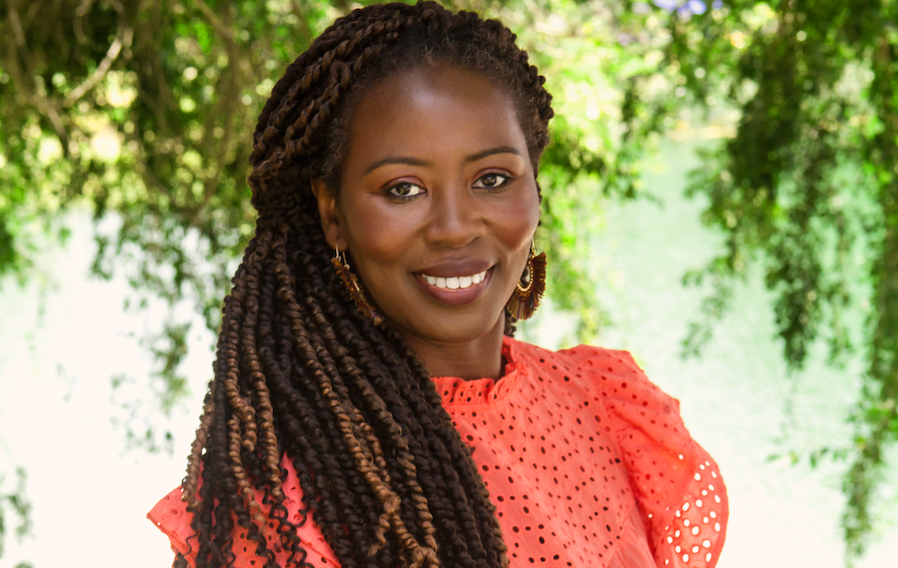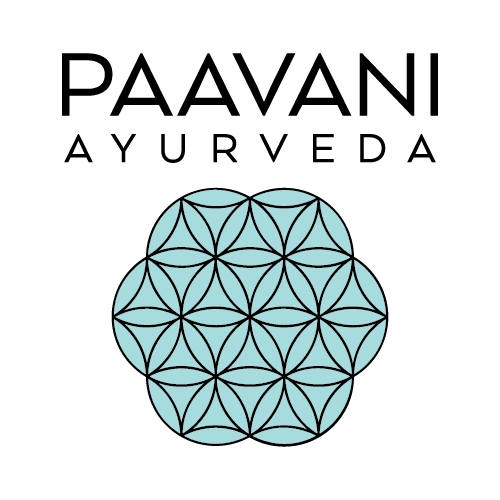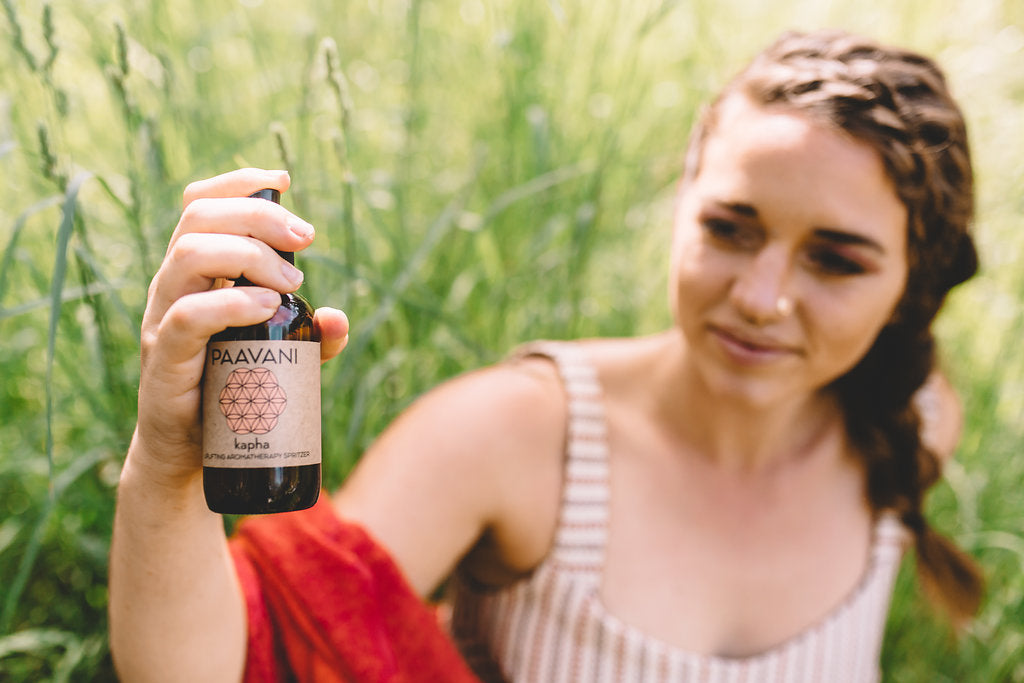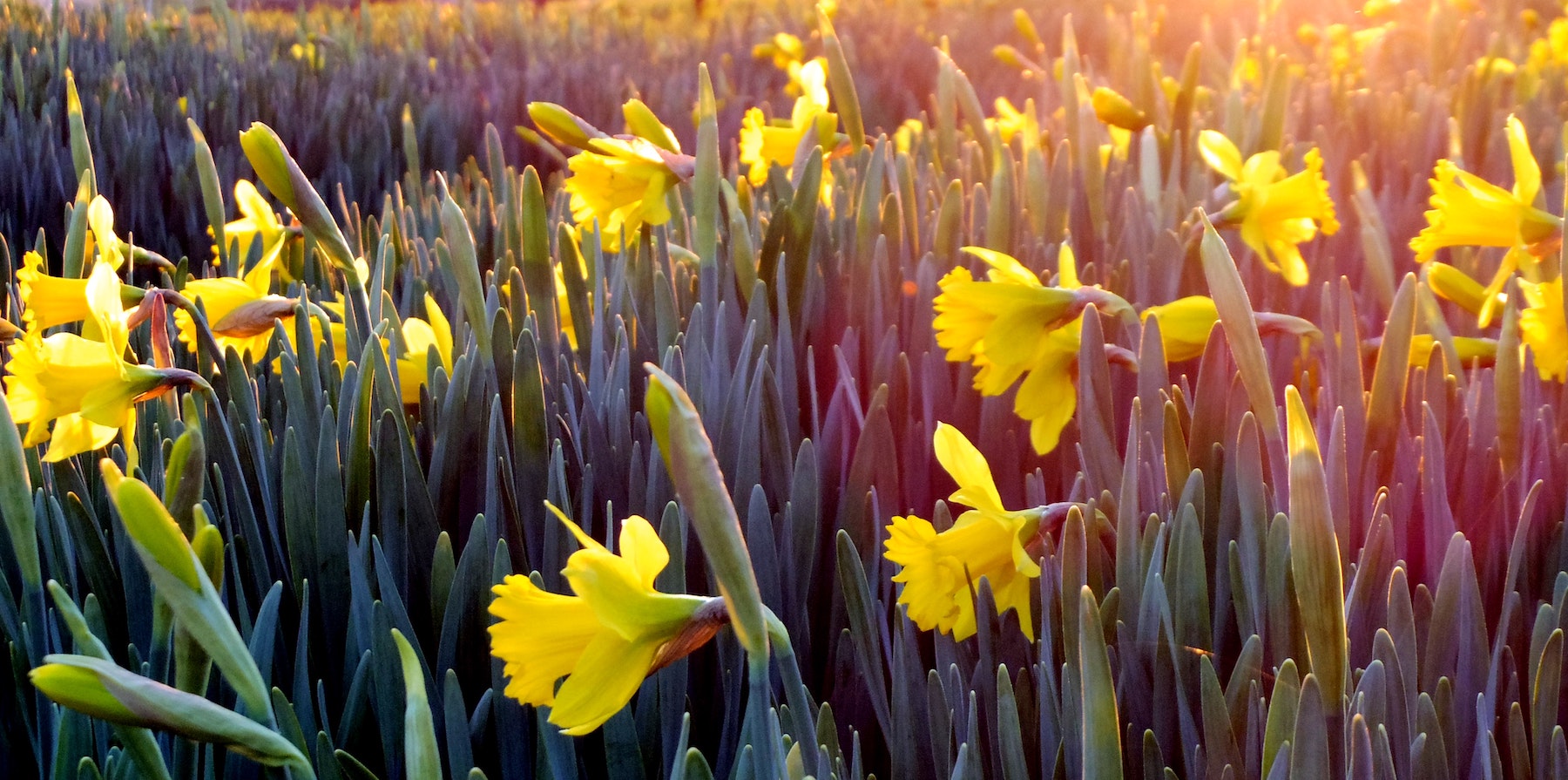
Practitioners We Love: Kadiatou Sibi
We are thrilled to formally introduce you to fellow Ayurvedic Practitioner, Kadiatou Sibi! A graduate of Southern California University of Health Sciences, Kadiatou is a NAMACB board-certified Ayurvedic Practitioner, Reiki Practitioner and founder of Los Angeles-based, A Web of Wellness (AWOW). When we learned about Kadiatou and her impactful work in Ayurveda, we knew we wanted to get in touch and learn more about her story and what inspires her to share her talents and Ayurvedic knowledge with the world.
What we especially love about Kadiatou is how her journey into Ayurveda further connected her to traditional African medicine and her West African (The Gambia) roots. Today, Kadiatou is driven to codify traditional African medicine much in the same way that Ayurveda is codified in sacred, informative texts like the Caraka Samhita and Sushruta Samhita. Further, Kadiatou’s health and wellness practice, AWOW, is bringing Ayurvedic healing to the BIPOC (Black, Indigenous, People of Color) community of Leimert Park Village in South Los Angeles. (If you have never heard of Leimert Park Village, it is a historic neighborhood and considered a mecca for Black art and culture). Finally, another reason why Kadiatou is a Practitioner We Love is her commitment to building cultural competency and cultural humility among Ayurvedic practitioners. Through Kadiatou’s efforts, a more equitable holistic healthcare system for all individuals, regardless of race, sex, sexual orientation, immigration and socio-economic status can be realized.
Without further adieu, please enjoy our exclusive interview with the one and only, Kadiatou Sibi.
The Exclusive Interview
PAAVANI: Hi, Kadiatou! Thank you so much for sitting down with us today so we can learn more about you and your important work. We would like to start by asking, when did you first hear about Ayurveda and what drew you to the science?
Kadiatou: I first heard about Ayurveda when I was in Austin Texas, I had just taken a class, it was an Iyengar yoga class, in 2002. The gentleman who taught yoga was also an Ayurvedic practitioner. We had a consultation. He evaluated me and it's so funny, I actually found the notes while I was studying Ayurveda at the Ayurvedic Practitioner program at Southern California University of Health Sciences and it just was incredible to see my dosha, the imbalances that I had back then and just to see the correlation of how I am still pitta dominant and need to balance both my pitta and vata.
I was drawn to Ayurveda again recently after I spoke to my New York City, childhood neighbor. His name is Singh Modi. We were discussing my future. He's a palm reader and he taught Louise Hayes, actually, and used to read many people around the world. I spoke with him about what to do next. I've always wanted to be in the nursing or medical field and I just felt like I'm a little bit older, so I thought it might take too long for me to be in school for nursing. He suggested that I try Ayurveda because of its ability to recommend herbs, diet and lifestyle to help balance an individual and that precise individual. Ayurveda is a customizable science because each one of us, as you know, are a unique balance of the five elements Earth, Water, Fire, Air, and Space.
PAAVANI: How has your family, background and culture informed your work in Ayurveda & Reiki?
Kadiatou: I come from a long line of healers and leaders on my father's side. My father and his siblings, their great-grandparents have all been what is called Marabout starting in Mauritania, Mali, Senegal resting in Julangel, The Gambia, where I was born. Marabouts are people who teach the Quran, as well as help with the healing of many illnesses using prayers, herbs and other body treatments. My maternal side also had civic leaders and there was always a remedy for colds or pain in the body and joints. In New York, we lived a regimented day with meal time, sleep time and cleansing the body time. Everything had a time and a place - seasonally as well as daily, much like Ayurveda.
PAAVANI: You are the founder of A Web of Wellness (AWOW), a health and wellness practice based in the South Los Angeles neighborhood of Leimert Park Village. When did you start your business and what inspired its founding?
Kadiatou: Yes, I am the founder of A Web of Wellness (AWOW) and it is a health and wellness practice based in South Los Angeles in the neighborhood of Leimert Park. I have since begun to do virtual Telehealth, however many of my clients still live in the area. I chose Leimert Park because of the history of the area, predominantly African-American and there's a resurgence of Black ownership, Black self-reliance, Black health. I say Black health because historically in the United States, health outcomes for BIPOC have been subpar. There's a Revival of African healing and taking back the power that has unfortunately been placed in hands that may intentionally or even subconsciously create healthcare outcomes that are despairingly detrimental to various BIPOC. So, yes, I chose to practice in Leimert Park, and it has been a blessing to be able to share this wisdom, to create a sense of accessibility, a sense of recognition, and remembering because Africans in this country who came unwillingly also brought with them healing from their native lands. So, Ayurveda is a codified scientific medical system that can be used to help prevent many of the comorbidities that we're seeing - especially during covid - like high blood pressure, diabetes and hypertension which are all exorbitantly high within the African American and Latinx communities.
PAAVANI: What kind of Ayurvedic services do you offer at AWOW? Do you have a favorite Ayurvedic treatment that you provide at AWOW?
Kadiatou: Currently, I am offering consultations with diet lifestyle recommendations, a few Pancha Karma or detox treatments like abhyanga and shirodhara. We offer this individually and for groups with customized retreats, organizational health consulting and outreach through schools and health fairs.
PAAVANI: Not only do you offer Ayurvedic body treatments, consultations and workshops at AWOW, but you also make healing Ayurvedic products too! Which products do you find yourself using daily and why?
Kadiatou: I absolutely love my AWOW nasal cleanse just because living in Southern California can be very dry. We have been in a drought for the last 10 years and recently just received a lot of rain. However, the nasal cleanse is one of the most impactful forms of cleansing that I do each day. It helps me with my voice quality, it helps me clear my nasal cavities, it helps me with mental clarity. It also helps my hearing. Mostly all the senses are above the clavicle. My day is determined by how clearly I can see, hear, taste, smell and touch. So, my nasal cleanse as well as my tongue scraper, my daily body oil, and hair oil. Lubrication is the key!
PAAVANI: We cannot help but notice your radiant skin! If you don't mind us asking, what is your favorite Ayurvedic beauty secret?
Kadiatou: My ayurvedic beauty secret is sleep. I can tell you right now, sleeping between the hours of 10:00 and 6:00 is a tremendous factor in my ability to function. The amount of sleep that I receive has helped. Also, ghee or nateh, as I recently found out my people call clarified butter. My intake of ghee is great because external radiance comes from within. One of my favorite oils that I use for my face is Ayapalla. I use Ayapalla. I've also stopped eating chocolate and any sort of pitta or heat-increasing foods. I used to have really bad skin that would break out. Shifting my sleep, my diet, making sure that my digestion is top notch is also important. So, my diet, sleep, Ayapalla. Can’t forget meditation and prayer to increase calm.
PAAVANI: How do you think Ayurveda and the greater wellness industry can be more culturally diverse and inclusive?
Kadiatou: Well the fact that Ayurveda is an Indian medicine in itself, is diverse if we talk about culturally diverse. Unfortunately, there have been some people who have taken the knowledge and have made it very exclusive and typically you have European people, white people in the United States who have made it very exclusive - price wise and creating a new culture around the clothing, athleisure wear, things of that nature. So, I think the question to ask the gatekeepers is how can you make it more diverse? How can you make it more accessible? I think a lot of people ask BIPOC how things can be more diverse when it's just like saying to a BIPOC “tell me about racism, how can things be less racist”? Society can be less racist when racist people are not racist and those who want to see healing for and not just some look at the root of the condition. Asking themselves, how do I benefit from a society that excludes others based on any factor? Why have I continued to participate in a system that harms others? What am I doing to bring light to the condition and then how will I change my practice? These questions are only for those that say they want a more just and equitable society, where food is nutrient-dense, accessible, healthcare is delivered with cultural competence and humility, you know, the basics. Until questions like these are answered, all of the outreach and platitudes are performative and undermine trust even more.
PAAVANI: What is next for you and AWOW in 2023?
Kadiatou: What's next for AWOW is the expansion of reaching children at schools, sharing the information, and allowing people to have access at health fairs, working with different organizations who disseminate preventative health practices to the population that I believe can benefit here in South Los Angeles, and beyond. Anything that allows people to embrace their unique being, their unique contribution to society, community, country, continent, this world - anything that enables and empowers people to see their beauty. I want people to feel beautiful, inside and out, it’s that simple.
Get social with Kadiatou & AWOW:






Leave a comment
This site is protected by hCaptcha and the hCaptcha Privacy Policy and Terms of Service apply.